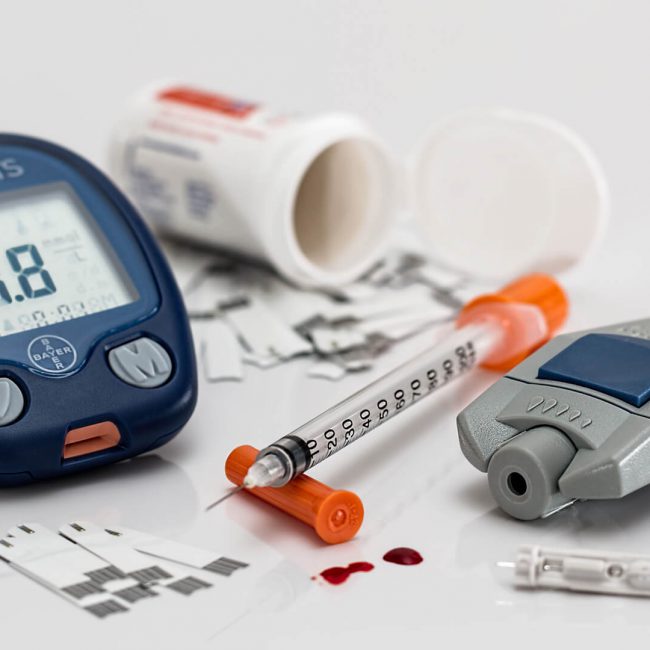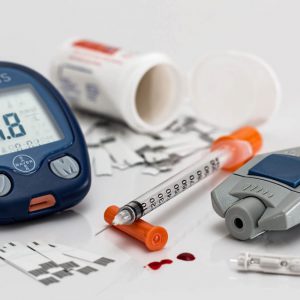Thyroid gland releases hormones that control your metabolism. It produces a number of different proteins, including thyroglobulin. Your thyroid uses thyroglobulin to make the active thyroid hormones. If you have an autoimmune condition, it can disrupt your production of thyroglobulin. An autoimmune condition happens when your immune system creates antibodies that attack your body’s own healthy cells. When your immune system attacks the thyroid, it often targets thyroglobulin. This causes it to produce antithyroglobulin antibodies.
Your doctor can order an antithyroglobulin antibody test to check the level of these antibodies in your bloodstream. A high level may indicate an autoimmune condition.
The reference range of thyroglobulin in euthyroid persons without thyroglobulin antibody (TgAb) using CRM-457 standards is 3-40 ng/mL in countries with adequate iodide intake.



